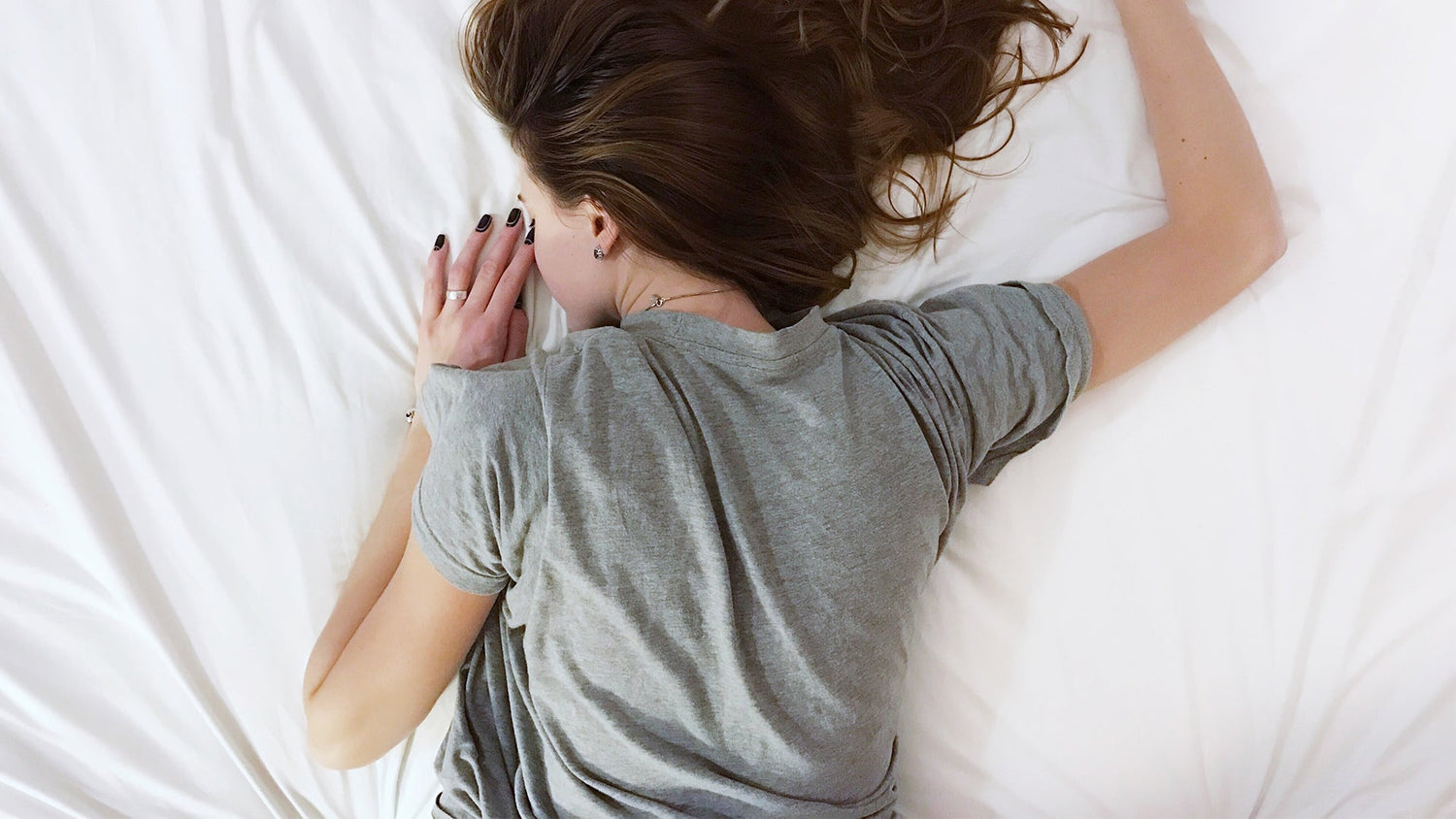If you suffer from back pain, you are in good company – around one in three people do so every year, according to Dr Tom Charlton, a former Clinical Fellow at the healthcare group Bupa UK.
However, that statistic may be of little comfort to you if your anguish over your back pain keeps you awake night after night. Fortunately, there are various potential remedies you could try – and few of them entail taking any form of medication.
Give yourself a pleasant distraction from the pain
Perhaps the simplest treatment for your sleeping woes would be the psychological treatment. When you are out of bed, it’s a good idea to continue to engage in your usual daily activities – especially as they would give you something nice to think about once you are back in bed.
“During the day, people are able to move around and reposition in ways that can help relieve back pain,” Dr Robert Griffin, a spine specialist at the New York-based Hospital for Special Surgery (HSS), explains – pointing out the physical benefit of keeping active when you can.
Consider taking ibuprofen
While taking this over-the-counter medicine could provide you with some quick relief from your back pain, you should consult your pharmacist or GP first, as it’s not a suitable remedy for everyone.
Taking pain relief could also, in itself, hamper your sleep – as might be warned on the leaflet packaged with the medication, especially if contains caffeine.
Change your sleeping position
What exactly causes back pain? Often, it can result from the neck, hips and lower back coming under excessive strain – and certain sleeping positions can exacerbate this. Fortunately, you might only have to slightly adjust your regular sleeping position to help alleviate your back pain. If you usually sleep on your back, you could ease the nightly pressure on it by placing a pillow beneath your knees, as this could help maintain your spine’s natural curve. If you sleep on your stomach, position the pillow under your pelvis and lower abdomen instead.
As for people who sleep on their side, they are advised to tuck the pillow between their knees. However, Dr Griffin describes back pain as “very person-specific,” adding: “There are as many ‘best’ sleeping positions for low back pain as there are people with back pain.”
Be careful what mattress you choose for your bed
“I tend to recommend that people try out a mattress first for a decent length of time whenever possible,” says Dr Griffin. As a general rule, though, a medium-firm mattress – a mattress that is neither particularly hard nor very soft – is often the most suitable for people with back pain.
Dr Griffin advises anyone who might currently be testing various mattresses: “If you have the sensation that your low back is sinking below your shoulders and your feet, that’s a sign that the
mattress is too soft for you.” This advice is especially worth heeding if you habitually sleep on your stomach and therefore bow into the mattress as you lie on it.
With good sleep being so important for supporting other aspects of our physical and mental health, it couldn’t be more crucial to pay close attention to this part of your life if you are presently suffering from back pain. As the NHS explains, back pain is very common, is not usually caused by anything serious, and tends to get better within a few weeks and months. That’s all the more reason, then, for you to further aid your recovery by following the above tips and advice.







Leave a comment
All comments are moderated before being published.
This site is protected by hCaptcha and the hCaptcha Privacy Policy and Terms of Service apply.